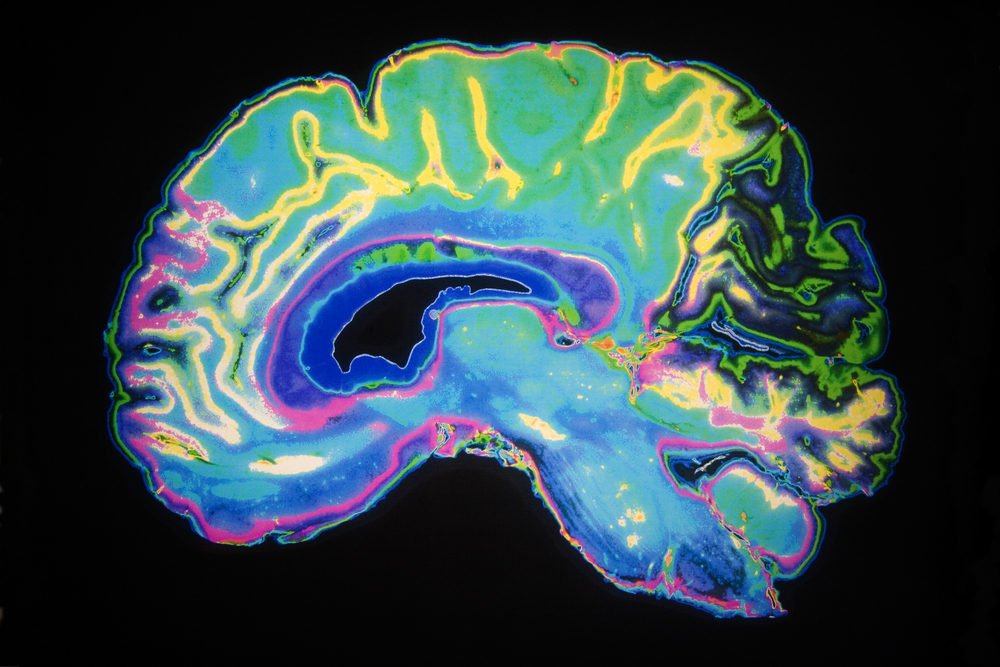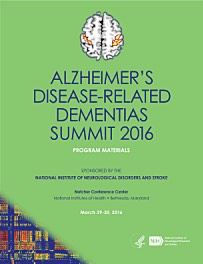UsAgainstAlzheimers Seeks to Increase Number of Minorities in Neurological Research
Written by |

The non-profit UsAgainstAlzheimers organization has started a program that has a key goal of addressing African-American and Latino underrepresentation in neurological research.
Recognizing that Alzheimers disproportionately affects people of color, another goal of the program will be to build a national network of doctors, researchers, patients, caregivers and others involved in healthcare to enhance collaboration and share knowledge.
 The program is partially funded by a Patient-Centered Outcomes Research Institute (PCORI) Eugene Washington PCORI Engagement Award (4192-USAA).
The program is partially funded by a Patient-Centered Outcomes Research Institute (PCORI) Eugene Washington PCORI Engagement Award (4192-USAA).
The engagement award is not a research grant. It is aimed at bringing more doctors, patients, caregivers, and others in healthcare roles into the research process. It will do this by supporting projects that help create a community better able to participate in patient-centered research and comparative clinical effectiveness research (CER), and help disseminate study results.
Central to the engagement award program’s mission is funding CER projects that provide patients and caregivers with information they need to make better-informed healthcare decisions.
An important part of the program will be a meeting on October 3 in Washington on patient-centered research. It will include webinars aimed at identifying community-based research priorities and creating networks to inform, promote and include more minorities in Alzheimer’s and dementia research.
“Alzheimer’s is ravaging our communities,” Stephanie Monroe, executive director of the African Americans Against Alzheimers Network, said in a press release. “Its rising economic costs, the toll imposed on those afflicted with and caring for those with the disease, and the loss of productivity demand more research geared to better understanding of how to prevent, treat and ultimately cure this disease.”
 The program will be on groundwork laid at the UsAgainstAlzheimers 2016 Disparities in Alzheimer’s and Dementia Summit on March 29 and 30, 2016. The pioneering event was in collaboration with the Leaders Engaged on Alzheimer’s Disease (LEAD) Coalition — a coalition of more than 90 organizations committed to overcoming Alzheimer’s and other forms of dementia. The gathering highlighted the urgent need for greater participation of underrepresented communities in brain health research, and for increased awareness, understanding, and action against Alzheimer’s among African-Americans and Latinos.
The program will be on groundwork laid at the UsAgainstAlzheimers 2016 Disparities in Alzheimer’s and Dementia Summit on March 29 and 30, 2016. The pioneering event was in collaboration with the Leaders Engaged on Alzheimer’s Disease (LEAD) Coalition — a coalition of more than 90 organizations committed to overcoming Alzheimer’s and other forms of dementia. The gathering highlighted the urgent need for greater participation of underrepresented communities in brain health research, and for increased awareness, understanding, and action against Alzheimer’s among African-Americans and Latinos.
“We must work together to address the growing impact of Alzheimer’s on communities of color through community outreach and engagement in research,” said Dr. Goldie S. Byrd, Ph D, co-head of the program. “This project will be vital to promoting diversity and inclusion in brain health research,” said Byrd, a biology professor who is director of the Center for Outreach in Alzheimer’s Aging and Community Health at North Carolina A&T State University.
A priority for the collaborative effort will be creating an online network to facilitate minority engagement, participation and knowledge sharing in Alzheimer’s research. It will be guided by an advisory panel of African-Americans and Latinos with family members who have Alzheimer’s, doctors serving minority communities, researchers, caregivers, and community and faith leaders.
While Latinos and African-Americans are statistically more likely than non-Hispanic whites to develop cognitive-impairment disorders like Alzheimer’s, they are less likely to be diagnosed with the condition or take part in clinical research. The report “Latinos & Alzheimer’s Disease: New Numbers Behind the Crisis” projects that the number of Latinos with Alzheimer’s will increase from 379,000 in 2012 to 1.1 million by 2030 and 3.5 million by 2060 — an 832 percent surge.

“Given the tremendous public health risk that Alzheimer’s and dementia poses to Latino families, it is essential to develop community-based approaches and partnerships that enable researchers, health professionals, policymakers and families to better understand and address these conditions,” said Jason Resendez, the other project co-leader. “Brain health must be a priority for a rapidly aging Latino community,” said Resendez, executive director of the LatinosAgainstAlzheimers Network and Coalition, the nation’s first coalition of Latino organizations focused on raising the community awareness of Alzheimer’s.





